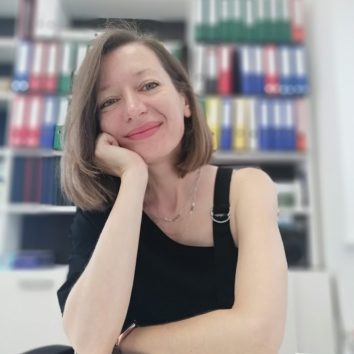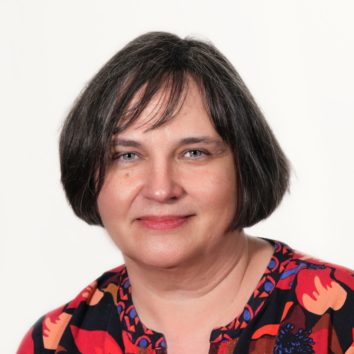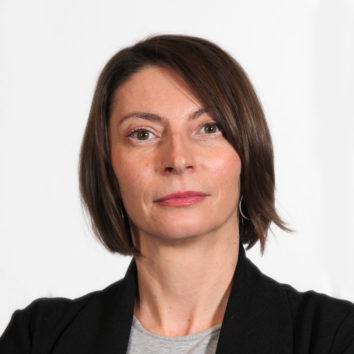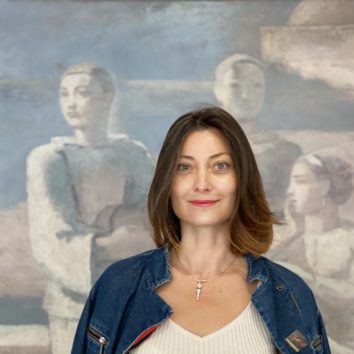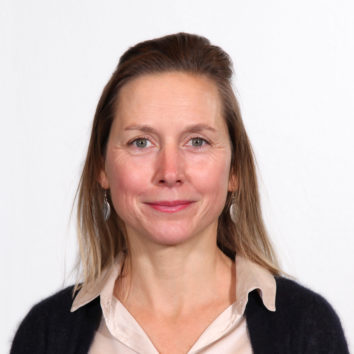B.A. Cultural Studies (University of Ljubljana, 2002)
M.A. Social Anthropology (Ljubljana Graduate School of the Humanities, 2004)
Ph.D. Anthropology (University of Nova Gorica, 2008)
Gregorič Bon, N. 2017. Movement matters: The case of southern Albania. In: de Rapper, G. (ed.). Albanie: Renaissance d´unediscipline, EthnologieFrançaise, 47 (2): 301-308.
–––––. 2017. Silenced border crossing and gendered material flows in southern Albania. In: Donnan, H., Hurd, M., Leutloff-Grandits, C. (eds.). Migrating borders and moving times: temporality and the crossing of borders in Europe, (Rethinking borders). Manchester: Manchester University Press, pp. 140-156.
Gregorič Bon N. and J. Repič (eds.) 2016. Moving Places. Relations, Return and Belonging. Oxford, New York: Berghahn Books.
Gregorič Bon, N. 2016. Rooting routes. (Non-)movements in southern Albania. In: Gregorič Bon, N. and J. Repič (eds.), Moving Places. Relations, Return and Belonging. Oxford, New York: Berghahn Books.
Gregorič Bon, N., J. Repič and A. Janko Spreizer. 2013. (Non)movement and Place Making (Space, Place Time Series) (in Slovenian). Ljubljana: ZRC Publishing House.
Gregorič Bon, N. 2014. Secular journeys, sacred places: pilgrimage and home-making in the Himarë/Himara of Southern Albania area. In: Eade, Jo and Mario Katić (eds.). Pilgrimage, Politics and Place-Making in Eastern Europe: Crossing the Borders. Surrey: Ashgate, pp. 135–149.
–––––. 2010. Migrant routes and local roots: negotiating property in Dhërmi/Drimades of Southern Albania. In: Bönisch-Brednich, B. and C. Trundle (eds.). Local lives: Migration and the politics of place, (Studies in migration and diaspora). Surrey: Ashgate, pp. 17–30.
–––––. 2008a. Places of Discordance. Ethnography of Space and Place in the village Dhërmi/Drimades, Southern Albania (in Slovenian). Ljubljana: ZRC Publishing House.
–––––. 2008b. Storytelling as a spatial practice in Dhërmi/Drimades of southern Albania. Anthropological Notebooks 14(2): 7–29.
–––––. 2008c. “Where are we? Europe or Albania”: regionalism as seen by the local people of Dhërmi/Drimades in southern Albania. Dve domovini/Two Homelands 27: 83–106.
–––––. 2008d. Negotiating Rubbish in Dhermi/Drimades of Southern Albania. Tourism, Culture and Communication 8(2): 123–134.




